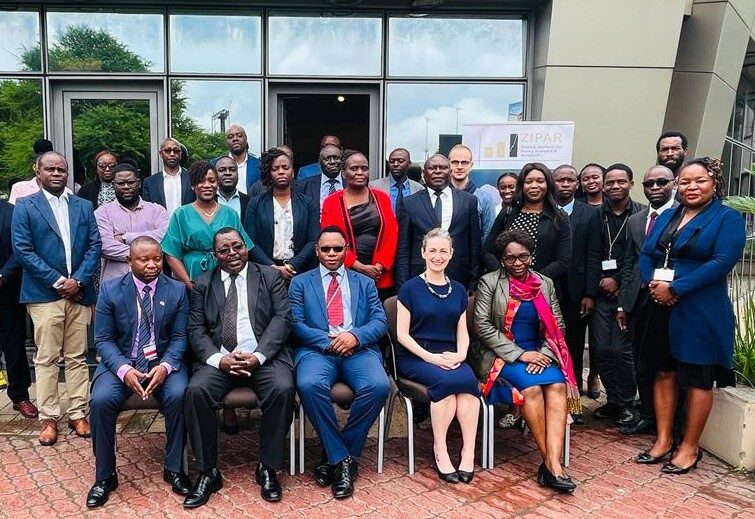
The Energy Systems Research Community focuses on co-creating and improving energy system planning tools and other approaches so that the unique challenges faced by LICs and LMICs working for an energy transition can be effectively addressed. A significant aspect of this effort involves integrating socio-political factors such as GESI into modelling frameworks, and aligning energy planning with context-specific development priorities for multiple stakeholders. Moreover, improving the assessment of transition risks and decision-making under uncertainty is a crucial part of our work. Traditional scenario-based approaches often fall short in capturing the full scope of uncertainty in real-life situations, so more sophisticated methods, such as Robust Decision Making (RDM), are being developed to better equip decision-makers.
There is also a pressing need to represent the spatial dimensions of energy demand, infrastructure, and governance levels within energy models (ie where energy is needed in the country, where infrastructure should be built and so on). Energy demand levels vary geographically, and need to be better understood to ensure access and adequate supply, including infrastructure. Using high-resolution data sets to analyse service demands and resource availability can enhance planning efforts and allow for a more nuanced understanding of socio-economic factors influencing energy transitions. This also helps when making decisions about the use of limited resources such as land and water.
The Energy Systems Research Community


| Title | Type | Countries | Authors |
|---|

